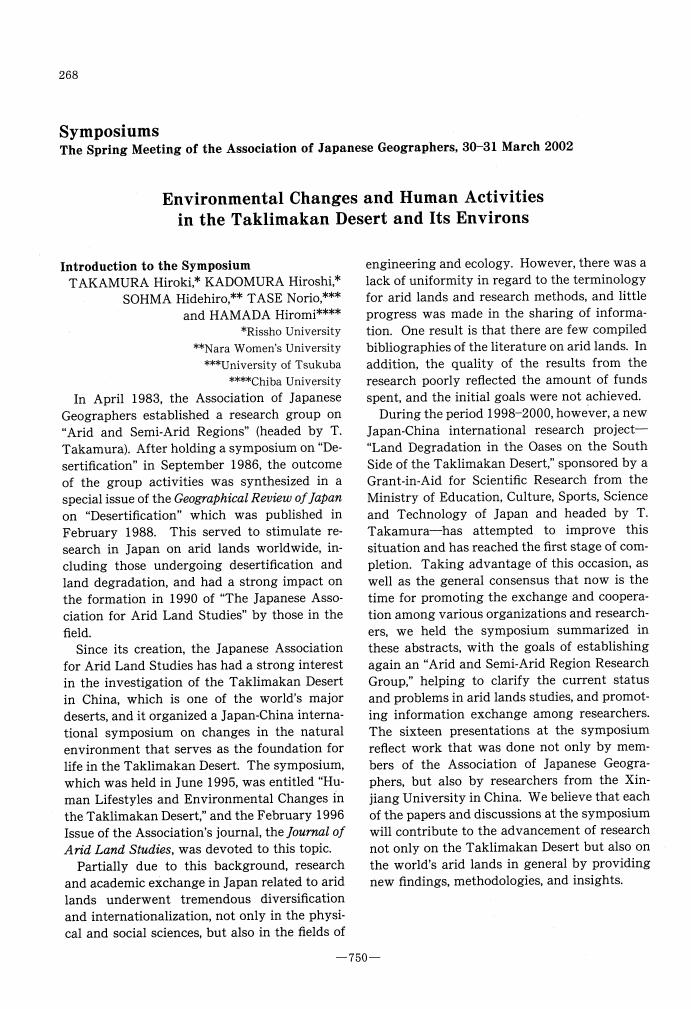- 著者
- Yoshihiko Hosokawa Sumiyo Okawa Ai Hori Naho Morisaki Yoko Takahashi Takeo Fujiwara Shoji F. Nakayama Hiromi Hamada Toyomi Satoh Takahiro Tabuchi
- 出版者
- Japan Epidemiological Association
- 雑誌
- Journal of Epidemiology (ISSN:09175040)
- 巻号頁・発行日
- vol.32, no.4, pp.188-194, 2022-04-05 (Released:2022-04-05)
- 参考文献数
- 31
- 被引用文献数
- 45
Background: Reluctance of people to receive recommended vaccines is a growing concern, as distribution of vaccines is considered critical to ending the COVID-19 pandemic. There is little information regarding pregnant women’s views toward coronavirus vaccination in Japan. Therefore, we investigated the vaccination rate and reasons for vaccination and vaccine hesitancy among pregnant women in Japan.Methods: We conducted a cross-sectional study involving 1,791 pregnant women using data from the Japan “COVID-19 and Society” Internet Survey, conducted from July to August 2021, and valid response from 1,621 respondents were analyzed. We defined participants with vaccine hesitancy as those who identified with the statement “I do not want to be vaccinated” or “I want to ‘wait and see’ before getting vaccinated.” Multivariate Poisson regression analysis was used to investigate the factors contributing to vaccine hesitancy.Results: The prevalence of vaccination and vaccine hesitancy among pregnant women was 13.4% (n = 217) and 50.9% (n = 825), respectively. The main reasons for hesitancy were concerns about adverse reactions and negative effects on the fetus and breastfeeding. Vaccine hesitancy was significantly associated with the lack of trust in the government (adjusted prevalence ratio, 1.26; 95% confidence interval, 1.03–1.54). Other factors, such as age, educational attainment, and state of emergency declaration, were not associated with vaccine hesitancy.Conclusions: COVID-19 vaccination is not widespread among pregnant women in Japan, although many vaccines have been shown to be safe in pregnancy. Accurate information dissemination and boosting trust in the government may be important to address vaccine hesitancy among pregnant women.
- 著者
- Hiroki TAKAMURA Hiroshi KADOMURA Hidehiro SOHMA Norio TASE Hiromi HAMADA Yuichi SUZUKI Akihiko INAMURA Hiroshi SHIMAZU Payzulla ZAYDUN Tsuyoshi OHTA Masaya YASUHARA Tashpolat TIYIP Tadashi KONO Hamid YIMIT Heigang XIONG Wei ZHONG Heigang XIONG Nurbay ABDUSALIH Peipou HUANG Hiroyuki SAWADA Hiroshi UMEMURA Kentaro SUZUKI Gulmira OMAR Kunihiko ENDO Motoko KANEMAKI Xiaoyu MA Jianli DING Jianqian ZHAN
- 出版者
- The Association of Japanese Geographers
- 雑誌
- 地理学評論 (ISSN:13479555)
- 巻号頁・発行日
- vol.75, no.12, pp.750-761, 2002-10-01 (Released:2008-12-25)
